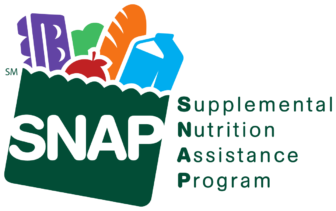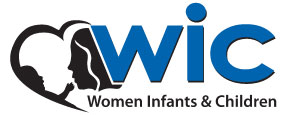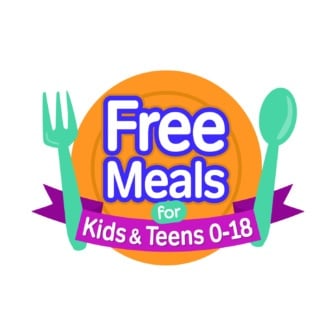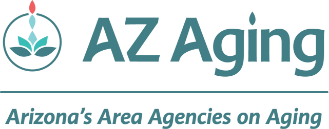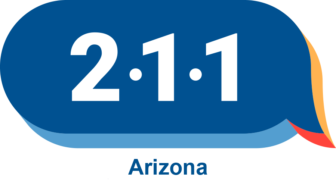Search now
Find a Food Bank
Welcome to our database of food banks, pantries, soup kitchens, shelters, and other organizations that distribute emergency food.
Please Note:
- We always recommend confirming hours of operation and eligibility requirements before visiting any of these locations. Although we work hard to ensure this information is accurate, it is subject to change.
- Be sure to bring your proof of residency or other identification with you!
- These organizations are independently operated. AzFBN cannot assume responsibility for their management, operational procedures, or conduct.
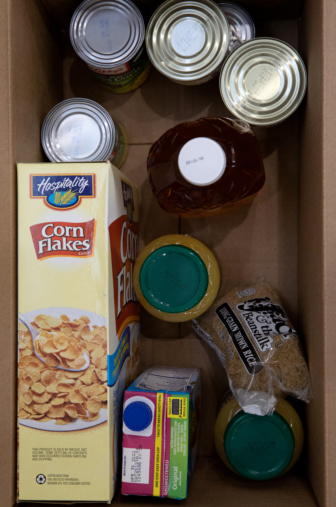
Other maps from food banks that may have more options for you >>>>>>>>
Find a Food Bank
Near You
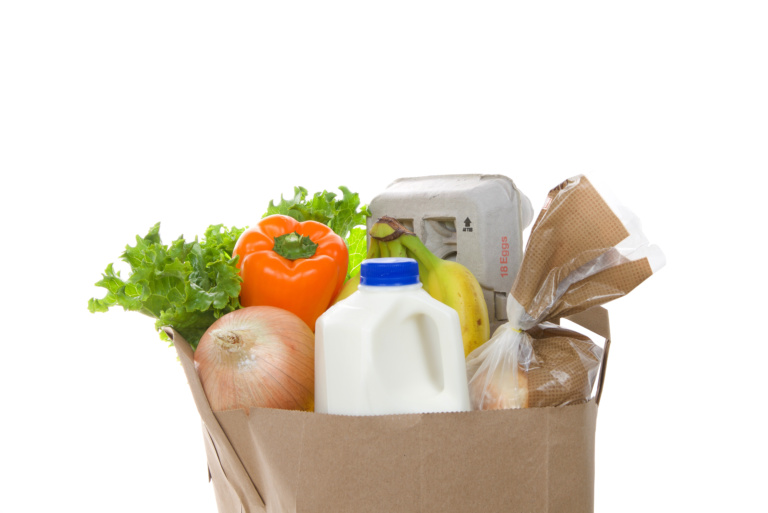
Find help now
Food Assistance Programs
In addition to the dozens of food banks, food pantries, and soup kitchens listed above, there are many other resources available to Arizonans in need. If you are struggling to put food on the table, you may qualify for these other food assistance programs:
*PLEASE NOTE: Depending on your case, you may qualify for more than one program.
Resources for Families and Children
The Supplemental Nutrition Assistance Program (SNAP) helps individuals and families buy food. Formerly called “Food Stamps,” the program is designed to help people who are working but struggling to buy food and provide nutritious meals.
SNAP benefits are provided on a special debit card issued through the Electronic Benefit Transfer (EBT) program. The EBT card is used like an ATM or debit card, and can be used to pay for food at supermarkets and convenience stores, as well as some farmer’s markets and food co-ops. Each month, benefit funds are directly deposited into the household’s EBT account.
SNAP is designed for people and families with low or no income. Only citizens and certain qualified alien non-citizens who are legally in the United States may participate in SNAP. To determine if your household is eligible, use the Arizona Self Help Prescreen tool. It will ask you a series of questions to determine if you qualify for SNAP.
You can apply online for SNAP benefits using Health-e-Arizona. Once you’ve applied, create an account at MyFamilyBenefits to keep track of your application, review information, report changes, and more.
Double Up Food Bucks provides funding to match SNAP benefits at participating farmers’ markets, farm stands, CSAs, mobile markets, and corner stores. Customers who use their SNAP/EBT/Quest card at these locations can “double up” on fresh Arizona-grown fruits and vegetables. Get hours and addresses of your nearest Double Up locations >>
All SNAP households automatically qualify for Double Up Food Bucks at participating food vendors.
There’s no need to apply. Here’s how to use Double Up Food Bucks at the farmers market and at other food vendors.
The Special Supplemental Nutrition Program for Women, Infants, and Children (WIC) program provides food staples like milk, cheese, eggs, juice, cereal, tuna fish, carrots, and peanut butter to pregnant, postpartum, and breastfeeding women, as well as infants and children up to the age of 5. Visit WIC Arizona to learn more >>
Arizona’s pregnant, breastfeeding, and postpartum women, infants and children under the age of five who are at nutritional risk and who are at or below 185 percent of the federal poverty guidelines below qualify for WIC. Find out if you are eligible >>
Contact your local WIC clinic or call 1 (800) 252-5942 to make an appointment.
The National School Lunch Program (NSLP) and School Breakfast Program (SBP) provide meals to school children at a no or minimal cost.
Students in public and nonprofit private schools and residential care institutions qualify for School Breakfast and Lunch Programs. Costs:
- No charge to children whose household income is at or below 130 percent of the Federal poverty guidelines.
- UPDATE! Those who qualify for reduced price will also receive meals at no charge for this school year (22-23) and next year! In the past, reduced price meant if household income is above 130 percent but at or below 185 percent of these guidelines meals were available at a discount.
Children are automatically eligible for free school meals if their household receives SNAP, benefits under the Food Distribution Program on Indian Reservations or, in most cases, benefits under the Temporary Assistance for Needy Families (TANF) program.
You can also apply for School Breakfast and Lunch Programs by submitting a Household Income Application, which should be available at your child’s school.
The Summer Food Service Program (SFSP) provides nutritious meals to low-income students when school is not in session.
All children aged 18 qualify for SFSP, which is served at approved sites in areas with significant populations of low-income children.
There’s no need to apply. Find an SFSP location near you >>
Resources for Older Adults
The Arizona Commodity Senior Food Program (CSFP) provides monthly food packages to people 60 years of age or older. Food packages do not provide a complete diet, but do include a variety of foods, such as milk, juice, farina, oats, ready-to-eat cereal, rice, pasta, peanut butter, dry beans, canned meat, poultry or fish, canned fruits and vegetables. The program also includes nutrition education, reduction of malnutrition in seniors, and referrals to health and social service organizations.
To qualify for CSFP, you must be at least 60 years old and have a total household income at or below 130% of the federal poverty level. Participation is limited, so new applicants may be put on a waiting list.
You can apply at a Distribution Site by speaking to a site worker. Find a CSFP location>>
The Elderly Simplified Application Project (ESAP) aims to boost participation in SNAP among low-income adults aged 60 and older facing barriers. It seeks to enhance efficiency and improve benefit delivery by streamlining the application and certification process.
The demonstration project waives recertification interviews, allows flexible verification, and extends certification to 36 months for five years.
ESAPs are for households with only older adults lacking earned income, and may include adults with disabilities without earned income. Child-only households are not allowed.
Exception: Working in exchange for something other than money, such as meals, housing, clothing, or other needs, is not considered countable income for ESAP.
You can apply by submitting your application in one of three ways>>
The Senior Farmers’ Market Nutrition Program (SFMNP) provides up to $30 in vouchers that low-income seniors can use at farmers’ markets, roadside stands, and community supported agriculture programs.
To qualify for SFMNP, you must be at least 60 years old and:
- have a total household income at or below 185% of the federal poverty level
Or - Participate in the Commodity Senior Food Program (CSFP) described above.
The number of SFMNP vouchers varies from year to year based on available funding.
Meals On Wheels provides nutritious home-delivered meals to seniors and people with disabilities. Some programs also serve group meals at locations like senior centers and cafes. Meals are provided at low or no cost, on a sliding fee scale based on individual circumstances.
Meals on Wheels is intended for people whose reduced mobility makes it hard to shop for food, prepare meals, or socialize with others. In general, the program serves adults 60 and over, although age requirements can vary by program and areas served.
The first step is to apply through your local program. Find a Meals on Wheels location near you >> You may then have an assessment of the need for meals and other supportive services. Some programs may also require a referral letter from a doctor or social worker. Find a Meals on Wheels location near you >>
An Area Agency on Aging (AAA) is a public or nonprofit private agency that helps older Arizonans. AAAs are chosen by the State to plan and coordinate services at the local level:
- Advocate for older adults
- Offer information on programs, options, and community supports
Many programs are offered in partnership with DES and funded through the Older Americans Act.
Area Agency on Aging programs are intended for people whose reduced mobility makes it hard to shop for food, prepare meals, or socialize with others. In general, the program serves adults 60 and over, although age requirements can vary by program and areas served.
The Emergency Food Assistance Program (TEFAP)
The Emergency Food Assistance Program (TEFAP) is a federally funded program that helps supplement the diets of low-income Americans, including elderly people, by providing them with emergency food and nutrition assistance at no cost.
Participants can receive a TEFAP package for their household at least once a month by visiting their local food pantry.
A Household is eligible to receive a TEFAP package if the total gross income for the household does not exceed 185% of the Federal Poverty Level. Learn more about income guidelines >>
Applications are usually completed at the food pantry by speaking to a worker who puts a participant’s information into a computer. The information is recorded as a requirement of the program and kept confidential. Documents to bring:
- Please bring a photo ID with you when picking up a TEFAP package.
- If your photo ID does not reflect your current address, please also bring a document such as a utility bill, lease agreement or a letter from an official Arizona agency that shows your current address.
- If you are experiencing homelessness, be sure to know the cross-streets or location where you stay at night.
Resources for Native Americans
Food Distribution on Indian Reservations (FDPIR)
The Food Distribution Program on Indian Reservations (FDPIR) provides foods to:
- low-income households, including the elderly, living on Indian reservations
- Native American families residing in designated areas near reservations
FDPIR participants select from more than 100 foods each month, including fruits, vegetables, proteins, legumes, grains, dairy, soups, and traditional foods. Learn more about the FDPIR program >>
To qualify for FDPIR, you must be an American Indian family and/or non-Indian household residing on or near a reservation, and meet income standards that are set by the federal government each year. Learn more about Income Eligibility Standards for FDPIR >>
Many households participate in FDPIR as an alternative to the Supplemental Nutrition Assistance Program (SNAP) because they do not have easy access to SNAP offices or authorized food stores. Households may not participate in FDPIR and SNAP in the same month.
Contact your Indian Tribal Organization or State Distributing Agency, or the FNS regional office in your area, for further assistance.
Resources for Veterans and Military
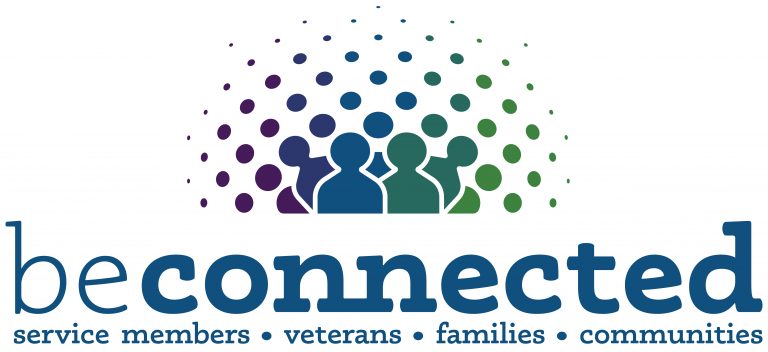
Be Connected
The Be Connected line is a support line, which means you do not have to be experiencing a crisis situation to call. Anyone who needs support, whether for themselves or for someone else, can call anytime.
Whether you need help and support for you or your family this service is available anytime, statewide. You can call anonymously if you do not feel comfortable disclosing your information. Support is available to veterans or active duty military.
Connect for support at 866-4AZ-VETS (429-8387) or check out Be Connected’s website>>
For Anyone Looking for Food and Other Resources
The 2-1-1 Arizona phone line gathers and provides vital community information in order to assist people in need throughout our state. You can dial 2-1-1 from any phone in Arizona (or 877-211-8661 outside the state) to access pre-recorded information in both English and Spanish about emergency assistance, self-help groups, and other resources. The resources are also available on the 211arizona.org website.
